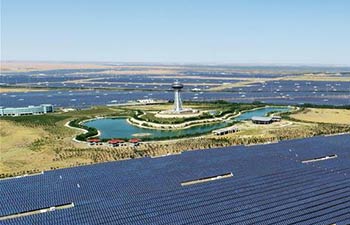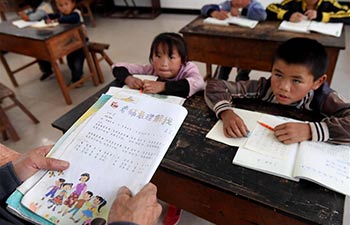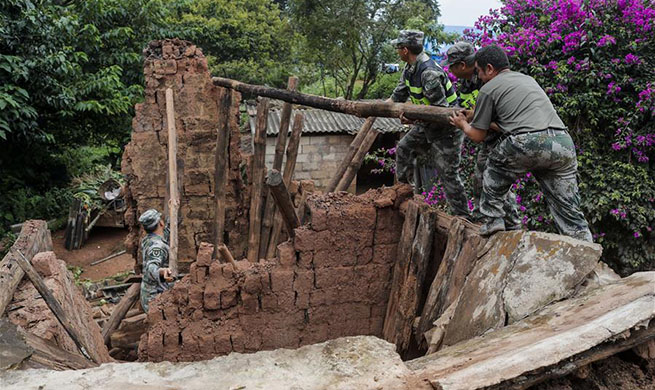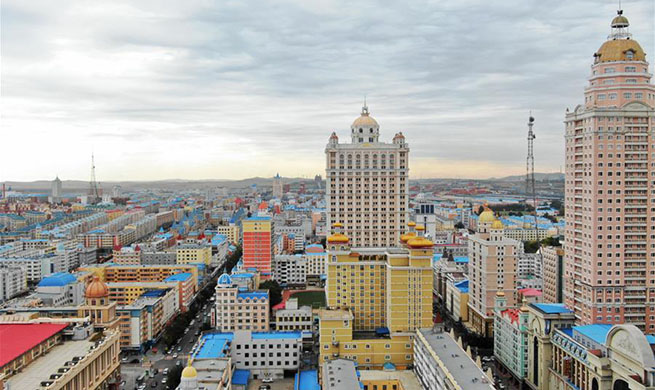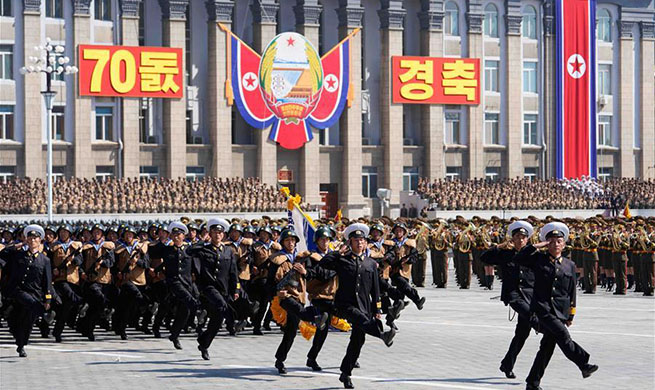MANILA, Sept. 9 (Xinhua) -- A total of 451 overseas Filipino workers (OFWs) have tested positive for human immunodeficiency virus (HIV) in the first half of this year, up 14.4 percent compared to the 394 listed in the same period of last year, a Philippine lawmaker said on Sunday.
Aniceto Bertiz of the House of Representatives urged returning migrant workers who engaged in high-risk sexual behavior while working abroad to get themselves voluntarily tested for HIV.
"All told, OFWs with HIV now account for 10 percent of all cases in the National HIV and AIDS Registry," Bertiz said, citing Department of Health (DOH) data.
Of the 56,275 cases listed in the registry from January 1984 to June 2018, Bertiz said 5,889 are OFWs.
Early detection and anti-retroviral treatment (ART) have been known to slow down the advance of HIV, which causes the Acquired Immune Deficiency Syndrome (AIDS), according to the DOH.
AIDS destroys the human body's natural ability to fight off all kinds of infections, and the condition still does not have any known cure.
"The DOH has 60 HIV treatment hubs across the country plus 33 primary care facilities that provide outpatient care services to returning OFWs and other citizens living with the virus," Bertiz said.
A total of 28,045 Filipinos living with HIV were on record as undergoing ART as of June, the DOH said.
Of the 5,889 OFWs in the National HIV and AIDS Registry, Bertiz said 5,063, or 86 percent, were male with the median age of 32 years.
Bertiz urged the Philippine Overseas Employment Administration and the Overseas Workers Welfare Administration to devote more resources toward HIV/AIDS prevention and education among OFWs and their families.
There are 10 million Filipinos working overseas, according to data from the Department of Foreign Affairs (DFA). Due to lack of well-paying jobs in the Philippines, more and more Filipinos opt to work abroad to fend for their families back home.
The first case of HIV infection in the Philippines was reported in 1984.
